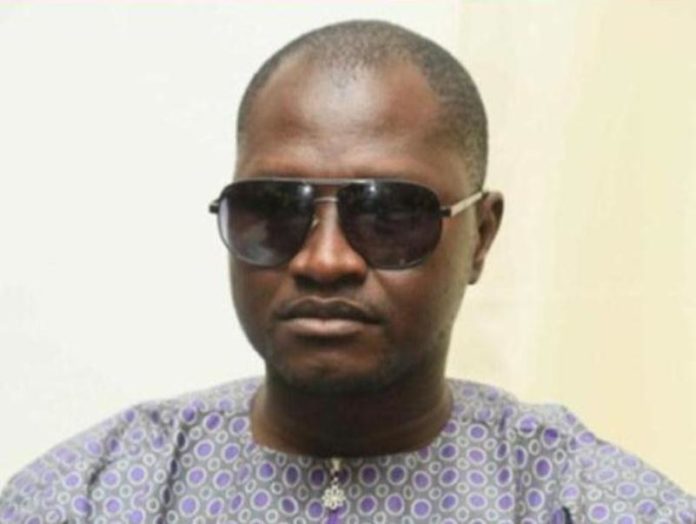By Yankuba Jallow & Nelson Manneh
The justices of the Gambia Court of Appeal have ruled in favour of Yankuba Badjie by ordering the high court to continue with the case involving former intelligence chiefs of the National Intelligence Agency (NIA).
The case was last heard before the Banjul High Court on the 25th November 2019 and since then these people have been under detention at Mile 2.
The accused persons before the high court are Yankuba Badjie, an ex-director of the NIA, Sheikh Omar Jeng, an ex-director of operations at the NIA, Baboucar Sallah, Haruna Suso, Tamba Mansareh, Lamin Darboe, and Lamin Lang Sanyang. The 2nd accused person, Louise Gomez, an ex-deputy director of the said agency, died whilst under the custody of the State, during the course of this trial. However, Yusupha Jammeh, the 6th accused person, was acquitted by the Court upon the State’s application for his acquittal for lack of evidence to continue with prosecuting him.
They are standing trial before the high court on numerous offences ranging from conspiracy to commit felony, assault causing serious bodily harm, murder and making false documents amongst others summing up to twenty-five criminal counts. The accused persons all denied any wrongdoing.
The State contracted five private lawyers to prosecute the accused persons in the persons of Lawyers Antouman AB Gaye, Rachel Y. Mendy, Lamin S. Camara, Yassin Senghore and Combeh Gaye. The long-standing trial has suffered several delays and the case has been stayed for nine months without trial.
The case before the high court was stayed by Justice Kumba Sillah-Camara, who is the trial judge in the case pending the hearing and determination of the appeals before the Court of Appeal.
The prosecution called thirty-five witnesses who had all testified in the case and closed their case but when it was the turn of the defence, some of the accused persons made a ‘no case submission’ which was not successful.
The accused persons were called upon to open their defence, but the first accused person, Yankuba Badjie informed the court that he was not ready to open his defence pending the outcome of his appeal before the Court of Appeal and that the other accused persons could proceed with their defence. Then the private prosecutors representing the State filed an application for stay of proceedings in the wake of the first accused person’s refusal to open his defence at that stage. The court in its ruling granted the order for stay of proceedings until the conclusion of the case in the Court of Appeal.
The third accused person, Sheikh Omar Jeng, informed the court that he was ready to enter his defence but the judge stayed the matter pending the final determination of the appeals before the Court of Appeal.
The judges of the court of appeal held that the high court judge should not have exercised her discretion to grant the stay because it caused unnecessary and unjustifiable delay to the case. The three justices in the persons of Haddy C. Roche, Basiru Mahoney and Idrissa Fafa Mba’I all held that the stay of proceeding caused unnecessary delay and has infringed the fundamental rights of the defendants including the constitutional right to appeal.
“The trial ought not to have been stayed- it should have continued,” Justice Mba’I said.
“The eight accused persons have nothing to do with this appeal so it caused unjustifiable delay,” Justice Mahoney said.
“There is no law which makes it mandatory to testify in the order of their names in the indictment. There are accused persons who are ready to testify so the high court can proceed to hear the accused persons who are ready to enter their defence. The stay of proceeding prolonged the detention of the accused persons,” Justice Roche said.
She said the stay of proceeding infringed the rights of the other accused persons who have nothing to do with the appeal and are ready to enter their defence.
Read Foroyaa on Monday for a detailed report on this matter.
















